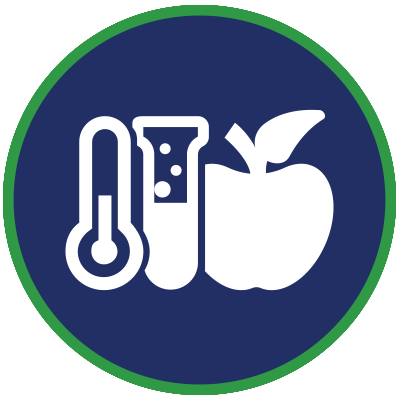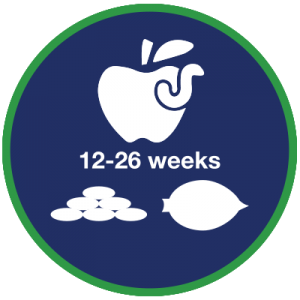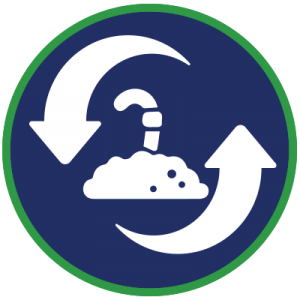The Life of a Worm
Worms play a critical role in keeping farms and gardens healthy and productive. Without an active worm population, soil quality can deteriorate and plant quality can suffer. To help you better understand the many benefits of worms, it’s helpful to start by learning about a worm’s lifecycle.
Worm basics

While worms are quite hardy in many ways, they are sensitive to their surroundings and need a healthy environment in which to grow.
To flourish, worms require moderate temperatures, suitable pH levels, decomposing organic material – with help from active soil bacteria and fungi – and access to moisture. Their environment should also be relatively disturbance free.
Feeding and survival mode
- Worms eat organic matter, but they need help from microbes to break it down as they do not have a stomach
- Grit helps digesting food move through the worm, much like a chicken gizzard
- When food is scarce, worms become more active and increase their mating
Breeding characteristics
- Worms are hermaphrodites, which means they are both male and female at the same time
- However, it takes two worms to mate, even though they each have both sex organs
The birth of a worm

When worms mate, they produce cocoons (i.e. eggs), with each cocoon containing 2–7 baby worms. To hatch, cocoons requires an undisturbed incubation period in a moist, warm and soft environment.
- At 70–80 degrees Fahrenheit, hatching takes approximately 10–21 days
- Outdoors during the winter time, hatching can take many months
Newborn worms usually appear white as they have not yet developed pigmentation, but they soon take on the color of the soil.
- At birth, worms are the thickness of a piece of thread and up to ¼ inch in length
- Baby worms are ready to forage for food immediately
Young growing worms

Baby worms are vulnerable during the first two weeks of their life as they discover their environment and learn where to find food. This is followed by substantial growth during weeks 2–12 as they begin to mature and develop sex organs.

At approximately 12 weeks, worms have matured enough to begin mating, starting the cycle of life anew
Weeks 12–26+ are highly productive as worms are busy eating, breeding and producing worm castings (i.e. pooping).
- Castings can be collected by gardeners to fertilize soil with living microbes
- New eggs can be harvested to start another generation of worms
Industrious mature worms

Worms gradually stop breeding at 26+ weeks (6+ months), but they can live to a year or longer in a healthy environment. Even without breeding, they remain highly useful in the garden or compost as they tunnel and produce castings.
- Air and water flow through worm tunnels, supporting the soil ecosystem
- Worm castings help to feed plants and encourage growth
- Mature worms are also ideal for indoor compost bins as they can process food scraps totaling up to 1.5 times their body weight daily.
- The nutrient- and microbe-rich castings can be used to fertilize indoor and outdoor plants
Our active worm farm

At the Rocky Mountain Organic Supply worm farm, we start a new cycle of life in our operation every two weeks:
- New cocoons produced by our breeding worms go into our hatching containers
- Worms that we hatched 2 weeks prior are moved up a stage as 2-week-old worms
- During each 2-week period, we harvest fresh worm castings and cocoons, repopulating the system
- Older worms are sold to customers to serve as wonderful composters and producers of castings
As master composters, worms are a grower’s best friend. To give your farm or garden an organic boost, check out our range of worms, worm cocoons and worm castings.